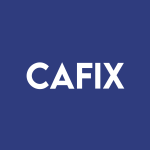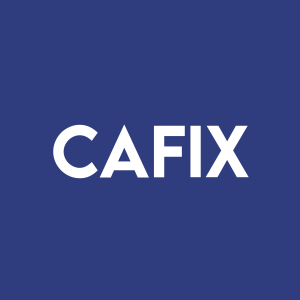Welcome to our dedicated page for Cantor Fitzgerald Sustainable Infrastructure Fund news (Ticker: CAFIX), a resource for investors and traders seeking the latest updates and insights on Cantor Fitzgerald Sustainable Infrastructure Fund stock.
Our selection of high-quality news articles is accompanied by an expert summary from Rhea-AI, detailing the impact and sentiment surrounding the news at the time of release, providing a deeper understanding of how each news could potentially affect Cantor Fitzgerald Sustainable Infrastructure Fund's stock performance. The page also features a concise end-of-day stock performance summary, highlighting the actual market reaction to each news event. The list of tags makes it easy to classify and navigate through different types of news, whether you're interested in earnings reports, stock offerings, stock splits, clinical trials, fda approvals, dividends or buybacks.
Designed with both novice traders and seasoned investors in mind, our page aims to simplify the complex world of stock market news. By combining real-time updates, Rhea-AI's analytical insights, and historical stock performance data, we provide a holistic view of Cantor Fitzgerald Sustainable Infrastructure Fund's position in the market.
Cantor Fitzgerald Infrastructure Fund (NASDAQ: CAFIX) has announced its second-quarter 2024 distribution rates. Class A shares will receive $0.1145 per share, Class C shares $0.1134 per share, and Class I shares $0.1147 per share. This represents a 4.00% annualized distribution rate based on the average daily NAV/share for the quarter. Since inception, the Fund's distribution rate has been 4.60%.
The Fund is geographically diversified and invests across various infrastructure sectors, including electric utilities, renewable energy, and digital infrastructure. It aims to maximize total return with a focus on current income and invests in issuers contributing to United Nations Sustainable Development Goals. The investment strategy is driven by three global megatrends: digital transformation, energy transition, and infrastructure enhancement.
Summary not available.
Summary not available.
Summary not available.


